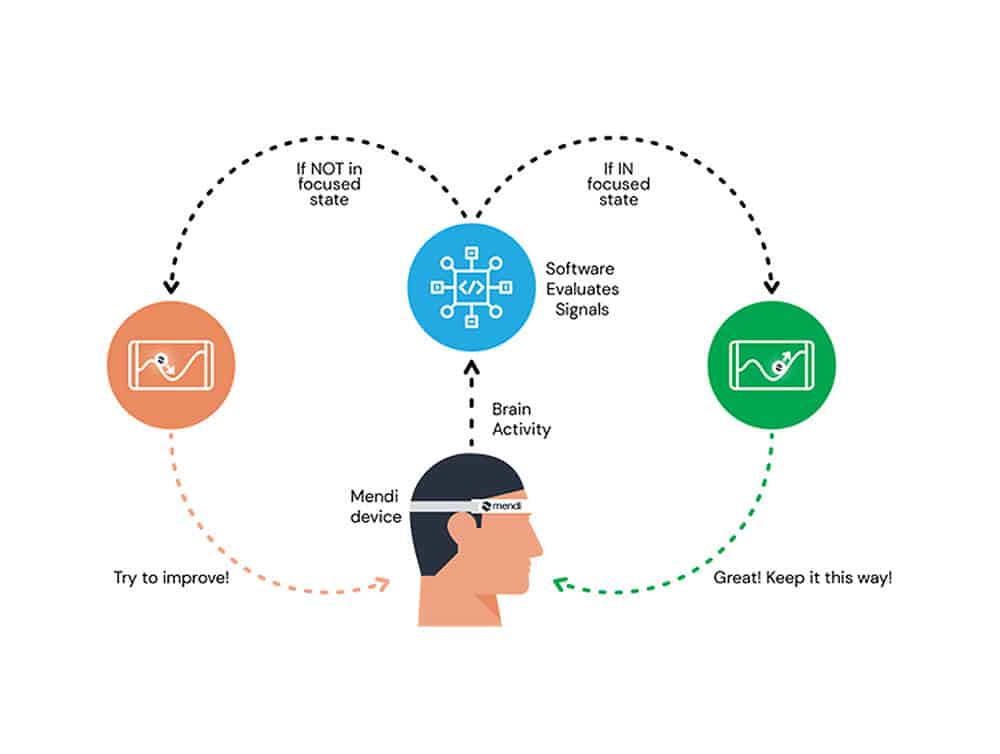
I plan to live until I’m 160 years old, which is one of the reasons I put extra emphasis on my brain health. Just as my body ages over time, so too does my mind, and I don’t want my brain outpacing my body as I get older. Imagine having a healthy body but a forgetful, slow mind – no thanks.
The initial hints of forgetfulness often accompany the passage into older age. For instance, you may find yourself taking longer to remember names or recall cherished memories[1].
However, before you blame it all on your age, it’s crucial to recognize that challenges affecting our thinking, memory, and learning abilities can stem from various causes, including medications, underlying diseases, addiction, insufficient sleep, lack of exercise, and poor nutrition.
The composition of our brain changes as we age, but we need not resign ourselves to a diminished ability to engage in life fully. Our lifestyle choices play a significant role in how our brains age, making them invaluable tools in countering the detrimental effects of aging on the brain.
In this article, I’ll highlight four of my top brain-enhancing techniques, providing you with tools to implement and maintain optimal brain health as you age.
But first, why are we seeing a surge in neurological issues in these modern times?
Nurturing Your Brain for a Lifetime of Brilliance
As we journey through life, most of us will eventually notice a slower pace of thought, occasional difficulties in sustaining attention, and moments of struggling to find the right word or phrase. This is normal and doesn’t necessarily indicate a major decline in brain health or warrant premature conclusions.
However, in the wake of technological and economic advancements, the cognitive demands required for survival have significantly diminished. Physical activities that once occupied our daily routines have been supplanted by sedentary desk work for many, and convenient yet unhealthy food options have become mainstays.
Consequently, we’ve witnessed a surge in diabetes, metabolic syndrome, neurological disease, prescription drug-induced obesity, and overall poor health. While technology has certainly made life easier, the demands that it’s taken off our minds and bodies have left us ill-equipped for the challenges that can come with aging.
In essence, the way we’re living our lives is eroding both our physical and mental health.
But relax, I’m not about to tell you that you need to go live in the woods and learn how to hunt for your food or give up your handy little calculator so you can work your brain harder. In the following sections, you’re going to learn some practical tips that will fit right into your modern life, enabling you to embark on a journey toward optimal brain health.
4 Tips For Maintaining Optimal Brain Health
While it’s natural to experience some degree of brain decline as you age, research shows that there are numerous proactive measures you can take to prevent memory lapses and more severe cognitive conditions[2]. Here are a handful of my favorite brain longevity hacks.
#1 Cultivate Connections
Loneliness can silently erode both mind and body. Not only does social isolation increase the risk of premature death from various causes, but it is also associated with a staggering 50% higher risk of dementia[3]. Shockingly, over one-third of adults aged 45 and older experience loneliness, while nearly one-fourth of US adults aged 65 and above endure social isolation, as highlighted by the National Academies of Sciences, Engineering, and Medicine (NASEM)[3].
By actively engaging in social activities and community programs, you can keep your brain engaged, combat isolation, and foster a deep sense of connection with the world around you. For extra credit, try a volunteer group that can provide fantastic opportunities to make a positive impact while connecting with like-minded individuals in your community.
#2. Nourish Your Body
It turns out that there’s more than one “brain” involved in your thinking processes. Your gut, often referred to as the second brain, plays a significant role in shaping your moods, decisions, and behavior. Interestingly, the food you consume has a direct impact on your neurons (AKA your brain cells)[4].
As the famous quote by Hippocrates suggests, “Let food be thy medicine and medicine be thy food.” It’s not just a cliché; it holds truth.
An unhealthy diet filled with saturated fats and sugars can lead to a sudden surge in inflammation within our bodies[4]. On the other hand, opting for nutritious whole foods like green leafy vegetables, fatty fish, nuts, and berries can have anti-inflammatory effects[5]. By nourishing your body with these wholesome options, you provide yourself with essential vitamins and antioxidants that combat diseases and invigorate your physical and mental well-being.
#3. Master Your Stress
It’s no surprise that stress can leave us feeling forgetful, scattered, and disorganized. While a certain degree of stress can fuel personal growth, prolonged and chronic stress takes a toll on our overall health. Studies show that the hormone cortisol, released during periods of intense stress, can have long-lasting effects on your cognitive and emotional processes, significantly increasing the risk of neurodegenerative diseases[6].
By adopting effective ?stress management techniques, you can mitigate the risk of cognitive problems and foster a healthier, more balanced life:
- Cultivate a consistent routine
- Prioritize quality sleep
- Stay organized and structured
- Shift your mindset and embrace stress as a catalyst for growth
#4 Keep Your Mind Active
There are plenty of tools out there today tailored to keep our minds active as we age, but one of my favorites is neurofeedback.
Neurofeedback brain training has a wide range of uses, with a history of helping people manage symptoms of ADHD, depression, anxiety, and more[7]. These treatments provide clients with the essential training they need to better control their brain activity.
How exactly does neurofeedback work?
Engaging in neurofeedback strengthens your prefrontal cortex (PFC). This is the region in your brain responsible for what’s known as your executive functions — a collection of mental faculties including attention, working memory, decision-making, and mental agility[8].
As you can imagine, having a strong, healthy PFC could make a world of difference in how you mentally and emotionally experience the world as you age.
Unfortunately, neurofeedback hasn’t been available to the masses because neuro training in clinics is expensive and often inaccessible. But all that changed when a company called Mendi came onto the scene.
Mendi is one of the first neurofeedback products designed to be used anywhere, anytime, and at an affordable price.
Instead of going to a clinic and working with a neurofeedback practitioner, you can get your brain training in the comfort of your own home. Here’s how it works:
Mendi uses fNIRS technology to monitor changes in blood flow and oxygenation levels in the prefrontal cortex in response to neural activation. As this technology detects your brain activity, you get the feedback in real time, allowing you to try to improve it instantly.
fNIRS helps in detecting, through proprietary signal processing, alertness, and attention. This means that each time you’re in a concentrated mental state, you get a reward, which helps your brain self-regulate. The best part; this is all done in a visually gamified and easy-to-learn process using your smartphone.
Mendi neurofeedback brain training process:
Takeaway
With these powerful tools at your disposal, you can embark on a transformative journey to nurture your mind, foster genuine connections, prioritize your physical well-being, and master the art of stress management. Are you ready to unlock your brain’s full potential and embrace a life of vitality, purpose, and boundless joy? Let’s go.
References
- https://www.health.harvard.edu/mind-and-mood/how-memory-and-thinking-ability-change-with-age
- https://www.hsph.harvard.edu/news/hsph-in-the-news/lifestyle-changes-can-help-prevent-dementia/
- https://nap.nationalacademies.org/catalog/25663/social-isolation-and-loneliness-in-older-adults-opportunities-for-the
- https://www.health.harvard.edu/blog/nutritional-psychiatry-your-brain-on-food-201511168626
- https://www.health.harvard.edu/staying-healthy/foods-that-fight-inflammation
- Marciniak, Rafa?, et al. “The effect of mindfulness-based stress reduction (MBSR) on depression, cognition, and immunity in mild cognitive impairment: A pilot feasibility study.” Clinical interventions in aging (2020): 1365-1381.
- Marzbani, Hengameh, Hamid Reza Marateb, and Marjan Mansourian. “Neurofeedback: a comprehensive review on system design, methodology and clinical applications.” Basic and clinical neuroscience 7.2 (2016): 143.
- https://www.mendi.io/pages/science
















